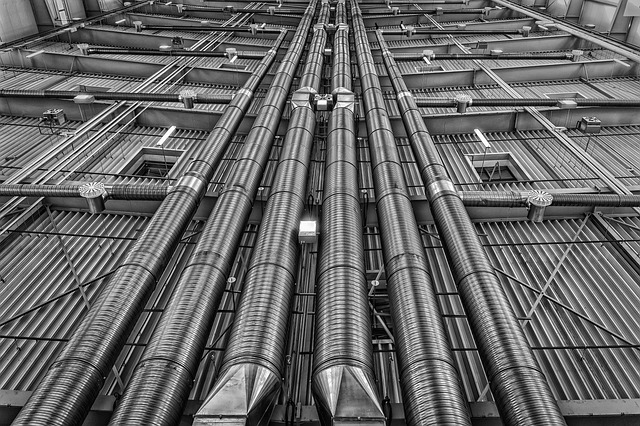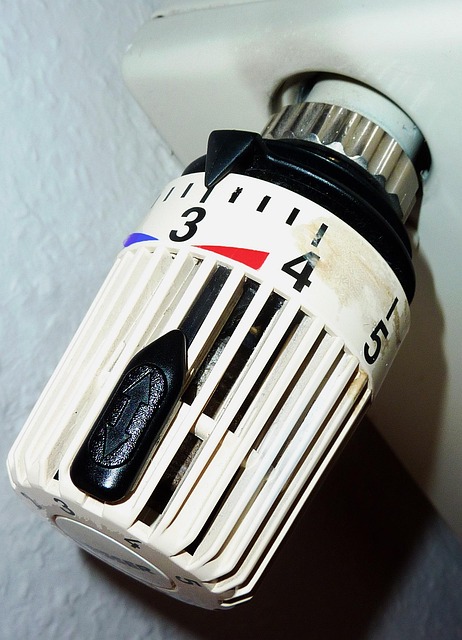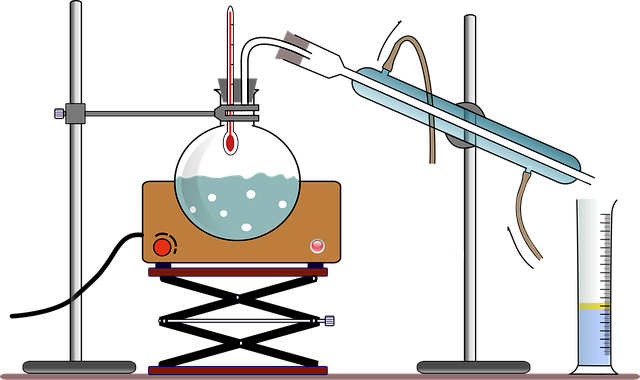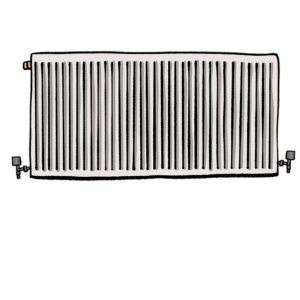Gas water heaters face corrosion and scale buildup over time due to metal interaction with water, high temperatures, and moisture. Regular maintenance, including flushing, descaling, and managing water chemistry, is crucial for preventing these issues across all gas heater types (natural gas, propane, tankless). Proper care ensures longer lifespans and preserves energy efficiency in residential settings; consider tankless systems for reduced scale buildup. Advanced technologies like protective coatings, smart controls, and digital sensors enhance durability, performance, and energy efficiency of gas water heaters.
Stainless-steel gas water heaters are popular choices due to their durability and resistance to corrosion. However, over time, these heaters can still suffer from scale buildup and corrosion, impacting performance and efficiency. This article delves into the causes of corrosion and scale in stainless-steel gas water heaters, explores preventative measures like regular maintenance, and highlights advanced technologies designed to enhance resistance. By understanding these factors, homeowners can ensure their gas water heaters operate optimally for years.
- Understanding Corrosion and Scale Buildup in Gas Water Heaters
- Preventative Measures: Maintaining a Stainless-steel Gas Water Heater
- Advanced Technologies: Enhancing Resistance to Corrosion and Scale
Understanding Corrosion and Scale Buildup in Gas Water Heaters

Corrosion and scale buildup are common challenges faced by gas water heaters over time. This occurs due to the interaction between the metal components and the water present in the system. In gas water heating applications, whether it’s a natural gas heater, propane water heaters, or tankless gas systems, the heat exchanger and other internal parts can experience corrosion as a result of high temperatures and moisture. Scale, which is primarily calcium carbonate, forms when minerals present in the water react with the heat, leading to a buildup on the heating elements and pipes. Over time, this corrosion and scale can reduce the efficiency of the gas water heater, impacting its performance and energy efficiency.
In residential water heating, tank water heaters are particularly susceptible to these issues due to prolonged exposure to heated water. Gas fired heaters, both tank and tankless, require regular maintenance to address corrosion and scale buildup. Energy efficient heating systems, while designed to minimize energy consumption, also need proper care to ensure optimal performance. Regular flushing of the hot water systems, use of descalers, and maintaining proper water chemistry can help mitigate these problems, ensuring a longer lifespan for your gas water heater and preserving its efficiency in providing hot water for your home.
Preventative Measures: Maintaining a Stainless-steel Gas Water Heater

Regular maintenance is key to ensuring your stainless-steel gas water heater remains in top condition and resists corrosion and scale buildup. Here are some preventative measures to consider. Firstly, keep the heater’s surroundings clear of debris and ensure proper ventilation to prevent moisture accumulation, which can accelerate corrosion. Regular cleaning with a soft brush or cloth helps remove any mineral deposits or residue that may have accumulated on the surface or inside components.
Additionally, checking and replacing any faulty parts promptly is crucial. This includes gaskets, seals, and connections, as these are common areas for leaks and subsequent water damage. For optimal performance and longer lifespan, consider scheduling professional inspections at regular intervals, especially in residential settings with high hot water demand. Energy-efficient tankless gas systems, for instance, offer superior control and can reduce the risk of scale buildup compared to traditional tank water heaters.
Advanced Technologies: Enhancing Resistance to Corrosion and Scale

Advanced technologies have significantly enhanced the resistance of stainless-steel gas water heaters to both corrosion and scale buildup. Manufacturers have developed innovative coatings and surface treatments that create a protective barrier on the heater’s exterior, preventing metal interactions with corrosive substances in the water supply. These coatings are designed to withstand high temperatures and pressure, ensuring long-lasting performance in harsh environments.
Moreover, advancements in gas water heating technologies include the integration of smart controls and digital sensors. These features enable precise temperature regulation, optimizing energy efficiency while minimizing scale accumulation. Propane water heaters, natural gas heaters, and tankless gas systems benefit from these innovations, offering homeowners reliable hot water systems with reduced maintenance requirements. Residential water heating now incorporates energy-efficient practices, ensuring that modern gas fired heaters contribute to sustainable living without compromising performance.
Stainless-steel gas water heaters offer a reliable and efficient solution for households, thanks to their inherent resistance to corrosion and scale buildup. By understanding the factors that contribute to these issues, implementing preventative measures, and exploring advanced technologies, homeowners can ensure their gas water heaters maintain optimal performance and longevity. Regular maintenance and the latest innovations in stainless-steel craftsmanship are key to keeping your water heater in top shape, providing you with hot water when you need it most.
